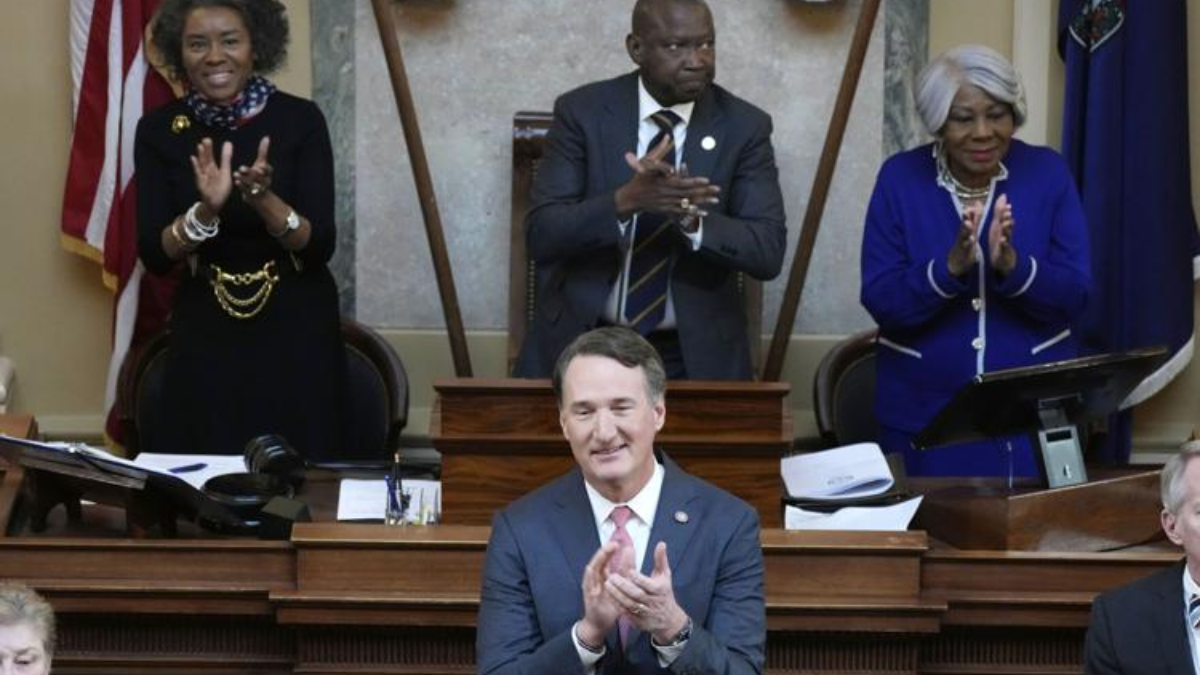Virginia’s Democratic-led House of Delegates and Senate have approved separate budget amendment proposals, sparking discussions on the state’s spending priorities. The diverging plans reflect differing approaches to addressing pressing issues like education funding, healthcare, and tax relief. As the two chambers work toward reconciliation, the outcome will significantly shape the state’s fiscal future.
Key Highlights of the House Budget Proposal
The House of Delegates’ budget proposal emphasizes tax relief and economic incentives. Among its key provisions are:
- Tax Cuts: The plan includes reductions in income tax rates and expanded tax credits for low-income families.
- Economic Development: Significant funding is allocated to attract new businesses and support existing industries, particularly in rural areas.
- Education Investments: While prioritizing tax cuts, the proposal also includes modest increases in funding for public schools and higher education.
Supporters of the House plan argue that tax relief will stimulate economic growth and provide much-needed assistance to Virginia families. However, critics contend that the focus on tax cuts may come at the expense of critical social services.
Senate’s Vision for Virginia’s Future
In contrast, the Senate’s budget proposal prioritizes investments in public services. Key elements include:
- Education Funding: The Senate plan allocates substantial resources to teacher pay raises, school infrastructure improvements, and early childhood education programs.
- Healthcare Expansion: Increased funding for Medicaid and mental health services aims to address growing healthcare needs across the state.
- Infrastructure Projects: The proposal includes significant investments in transportation and renewable energy projects.
Senate leaders argue that their approach addresses long-term needs and promotes equity. However, opponents question the feasibility of funding such ambitious initiatives without raising taxes.
Points of Contention
The stark differences between the two proposals have set the stage for intense negotiations. Key points of contention include:
- Tax Policy: The House’s push for tax cuts clashes with the Senate’s focus on public investment.
- Education Priorities: While both plans allocate funds for education, they differ in scope and emphasis.
- Healthcare Spending: The Senate’s proposal for expanded healthcare services faces resistance from House leaders prioritizing economic incentives.
The Path to Reconciliation
With both chambers controlled by Democrats, the budget negotiations highlight internal divisions within the party. A conference committee will be tasked with bridging the gap between the two proposals. The outcome will require compromise, as lawmakers seek to balance immediate needs with long-term goals.
Implications for Virginians
The final budget will have far-reaching implications for Virginia residents. Key areas of impact include:
- Taxpayers: Depending on the outcome, residents could see changes in income tax rates and available tax credits.
- Students and Educators: The level of funding for schools and teacher salaries will directly affect the quality of education.
- Healthcare Access: Expanded Medicaid and mental health services could improve access to care for vulnerable populations.
Expert Opinions
Policy experts and advocacy groups have weighed in on the proposals. Proponents of the House plan emphasize the importance of tax relief in bolstering economic recovery, while supporters of the Senate’s approach highlight the need for sustained investment in public services.
What’s Next?
As the reconciliation process unfolds, stakeholders across Virginia will be watching closely. The budget agreement will not only determine the state’s fiscal priorities but also set the tone for future legislative sessions. Lawmakers face the challenging task of crafting a budget that addresses diverse needs while maintaining fiscal responsibility.
For more detailed coverage on Virginia’s budget negotiations, visit Virginia Mercury.
Disclaimer – Our team has carefully fact-checked this article to make sure it’s accurate and free from any misinformation. We’re dedicated to keeping our content honest and reliable for our readers.








